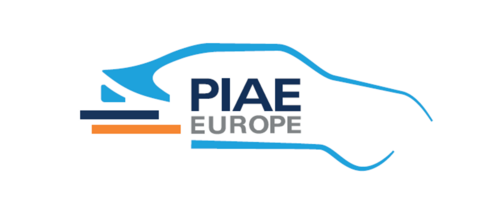THERMOFIP: a new era for the automotive cooling market thanks to optimized simulation of water and glycol based coolants effects on parts for their entire lifespan.
By optimizing the simulation and use of fiber-reinforced plastic parts exposed to water- and glycol-based coolants, THERMOFIP provides a through game changer to players in automotive cooling segment and plumbing industry.
Due to the general desire to reduce CO2 emissions and the resulting changes in engine architecture, accurate predictive simulation has become fundamental for car makers and their suppliers.
When calculating the final mechanical properties of a part made of glass fiber-reinforced polyamide resin, integrative simulation offers the advantage of also taking the forming process into account. This opens new possibilities for parts optimization with a significant weight reduction of around 20% for the targeted parts.
To unlock the full potential of parts optimization, it is crucial to simulate the effects of aging on reinforced polyamides. Among the various factors contributing to time-related degradation of part performance, one of the most critical is contact with mixtures of water and ethylene glycol. This aspect is just as important for material suppliers as it is for the companies designing the parts and the carmakers using them.
THERMOFIP has been focusing on this specific topic with the ultimate goal of simulating how coolants influence the progressive embrittlement of materials, in order to find new ways of making even lighter parts.
During the presentation Gilles Robert will unveil:
- A prototype simulation chain capable of computing the local degradation in parts exposed to coolant, designed in collaboration with HEXAGON and Arobas Technologies.
- Models enabling the prediction of material degradation levels caused by aging, which can then be used to predict the mechanical performance of coolant-exposed polymers.
- A summary of the evolution with aging of material mechanical behavior for different fiber orientations.
- A database on aged parts allowing validation of the numerical developments and models obtained at specimen level.
- A platform for the industrialization of a simulation chain capable of computing the progressive impact of aging on the mechanical performance of parts.

